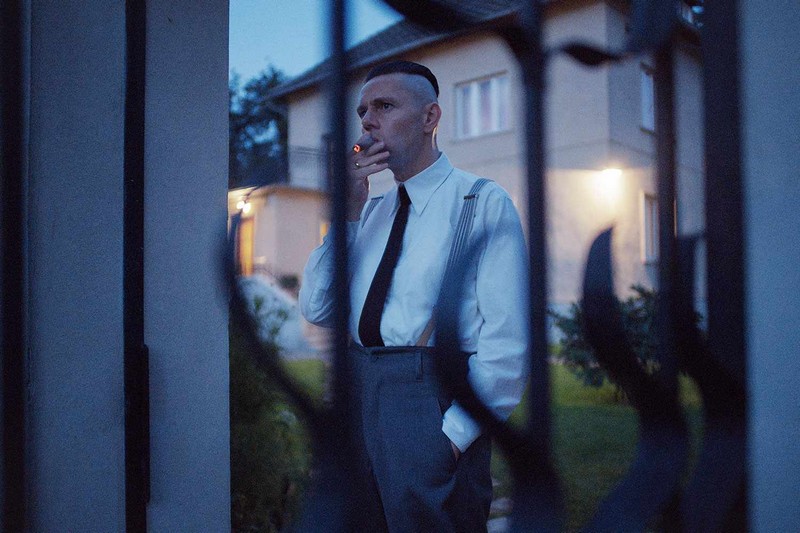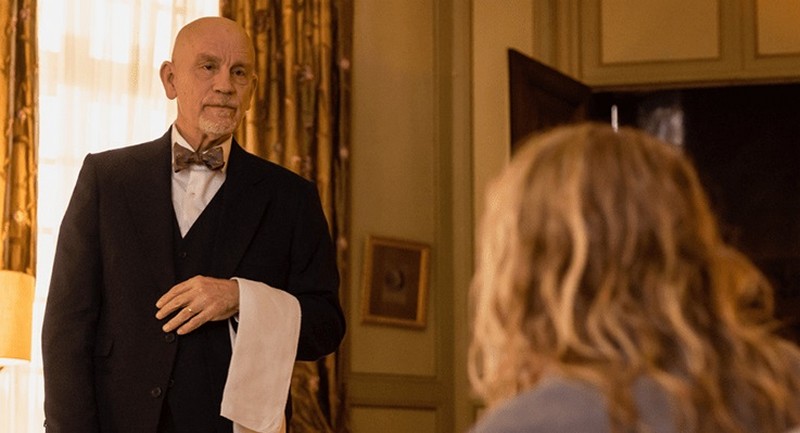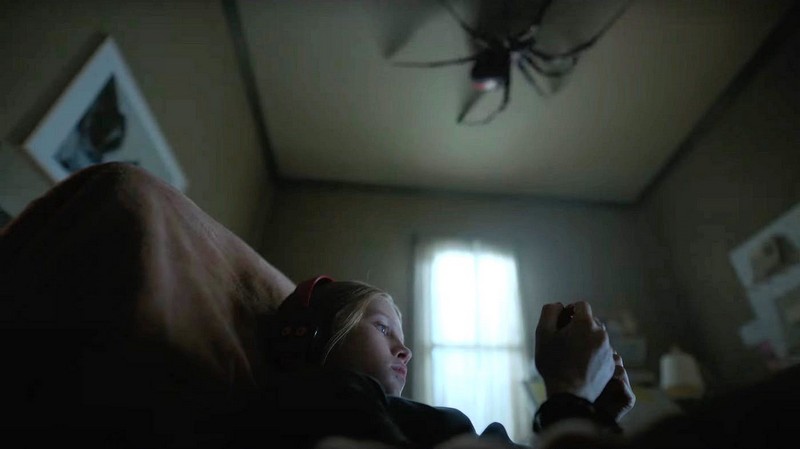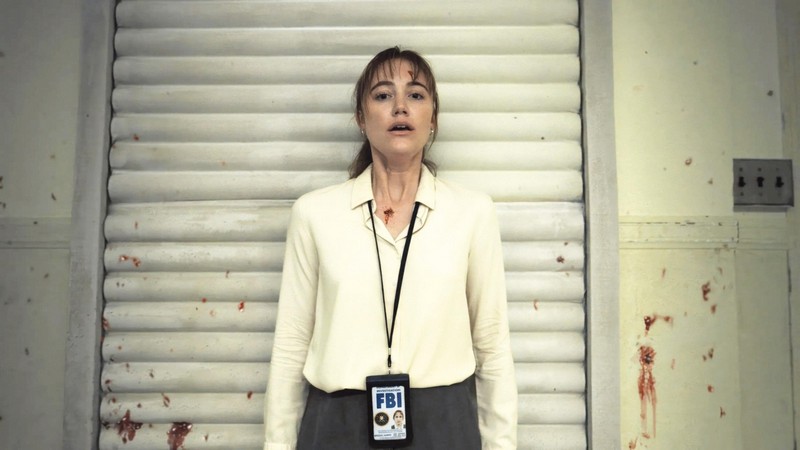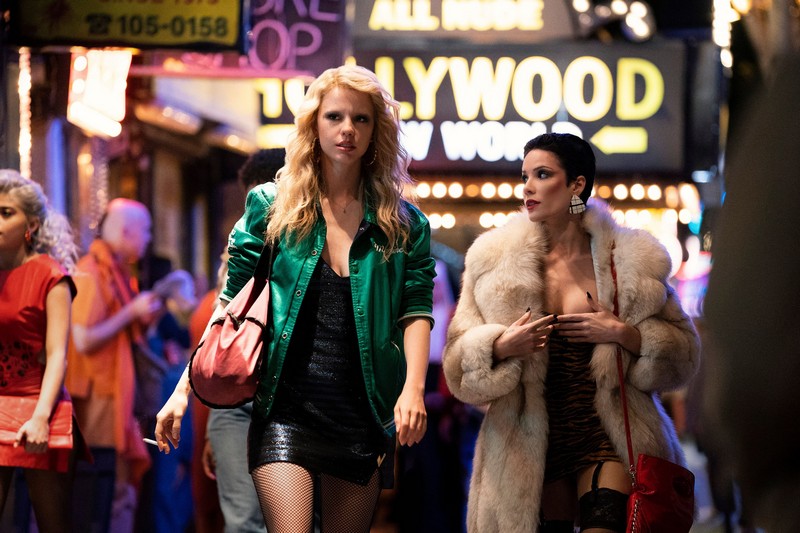Birds chirp on a summer’s day. Families enjoy a picnic by a stream. A woman tends to beautiful flowers in her garden… Welcome to the most disturbing film of the year.
British filmmaker Jonathan Glazer (probably best known for Under the Skin starring Scarlett Johansson) goes where few have dared to tread in The Zone of Interest. This bold drama paradoxically forefronts the Holocaust by never showing it. The film is set at the Auschwitz extermination camp, but we never see the macabre apparatus of genocide. Indeed, we barely see any Jewish people at all. Instead, Glazer paints a haunting picture of the Shoah by following the everyday life of the camp commandant, Rudolf Höss (Christian Friedel), his wife Hedwig (Sandra Hüller) and their family.

That life is centred around their neatly appointed residence that sits alongside one of the camp’s perimeter walls. The high barrier blocks out any view of what’s happening on the other side. But it can’t block out the terrible sounds: screams, shots being fired, trains arriving. In one telling sequence, Hedwig’s mother Linna (Imogen Kogge) comes to visit. She’s given a room (one of the children’s rooms) overlooked by one of the chimneys for the crematoria. Its whooshing sounds and flashes of flame disturb her sleep.
This is a film of small details and subtle nuance. For example, it took me a minute to realise that in an early scene where Hedwig and some of her servants sort through clothes, the clothes have been stolen from prisoners – and those prisoners are probably already dead. Other scenes are shot in such a way that the important detail is in a corner of the frame, or even off-screen. Alongside the scenes of family life in the shadow of the camp, Glazer also introduces a series of images of one of the servants sneaking outside at night. She risks certain death to leave food for the prisoners who are forced to work outside the camp. DOP Lukasz Zal (Cold War) shoots these scenes in what appears to be infra-red imagery, which imbue them with a deeply eerie quality. Indeed, cinematography is brilliant, aided in no small part by an unnerving score from Mica Levi (Jackie).
The film takes place over the second half of 1943, when the Nazi genocide was at its peak. But despite the defined time frame, the film doesn’t really have a plot as such. The closest it comes is some consternation around Höss possibly being transferred away from Auschwitz. Glazer adapted Martin Amis’ novel of the same name for the screenplay. But in lieu of a plot, Glazer ramps up the level of the film’s intensity. A phone call between Höss and Hedwig towards the end of the film is one of the most chilling things I’ve ever witnessed. And the final sequence, which takes place in two time frames, is intensely powerful even though no words are spoken.
At least one of the many points Glazer makes with the film concerns the complicity of those who support the perpetrators of evil. And while debates can be had about the degree of complicity of various individuals, the position with Hedwig is made crystal clear by the end. And by using probably the most extreme example, the film should make us think about whether we are complicit in things going on in the world right now.
Christian Friedel (The White Ribbon) gives an astounding performance as Höss. While he’s never shown being directly cruel to anyone, he exudes a sense of menace that I found quite unsettling. Sandra Hüller (Anatomy of a Fall) is similarly excellent as the no-nonsense Hedwig. Unlike Höss, Hedwig is shown to be harsh, perhaps to the point of brutality, with the household staff. This forces us to consider which crime is greater – the one we can directly experience, or the one going on out of sight.
I didn’t know what to expect when I went into The Zone of Interest, but I left profoundly moved and deeply chilled. This is an important film with powerful resonance.
David Edwards
Other reviews you might enjoy:

David Edwards is the editor of The Blurb and a contributor on film and television

